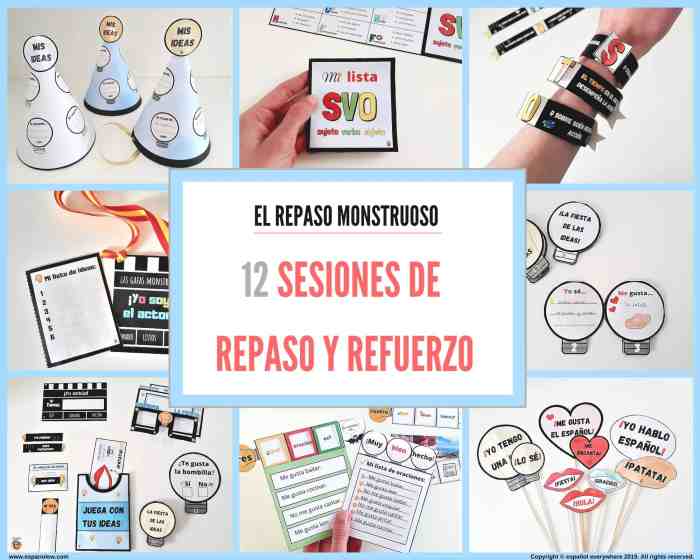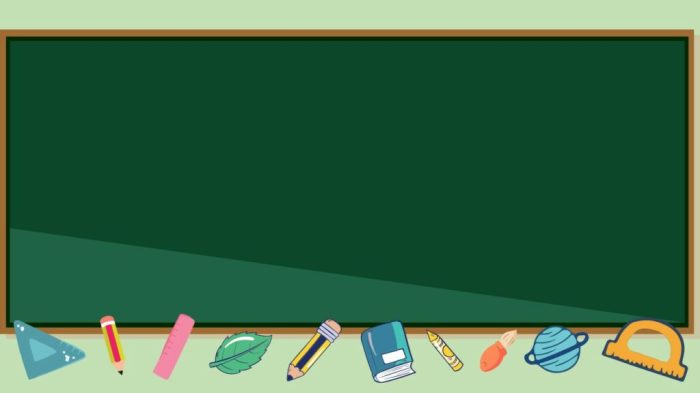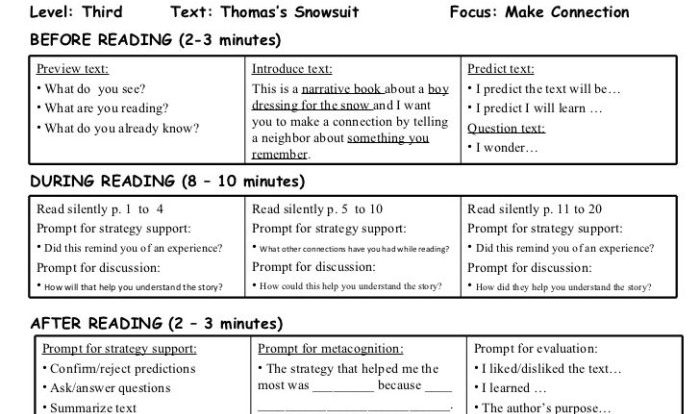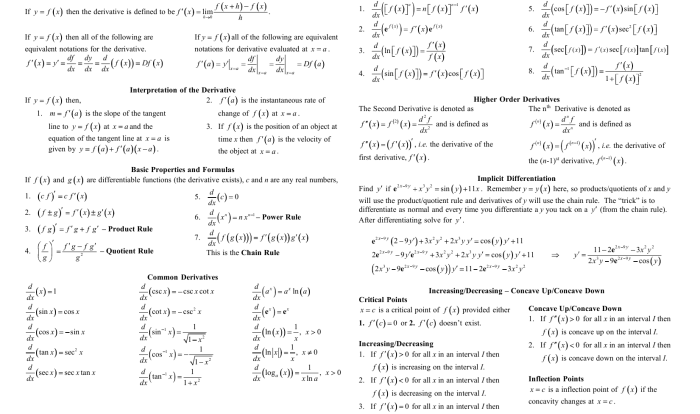Embark on a journey of academic mastery with repaso de mis clases quiz, an indispensable guide that empowers you to conquer your class quizzes and elevate your understanding. Delve into the realm of effective quiz reviews, unlocking the secrets to academic success.
Prepare yourself for a transformative learning experience as we explore the nuances of class quiz reviews, providing you with a comprehensive toolkit to maximize your quiz preparation and achieve academic excellence.
Key Concepts
Class quiz reviews are an essential part of the learning process. They provide students with an opportunity to review the material they have learned, identify areas where they need additional support, and improve their understanding of the subject matter. There are different types of class quiz reviews, each with its own benefits.
Types of Class Quiz Reviews
There are two main types of class quiz reviews: individual and group reviews. Individual reviews allow students to work on their own, while group reviews provide an opportunity for students to collaborate and learn from each other.
Individual reviews are typically more structured than group reviews. Students are given a set of questions to answer, and they work through the questions at their own pace. This type of review is ideal for students who want to focus on their own understanding of the material.
Group reviews are less structured than individual reviews. Students work together to answer questions and discuss the material. This type of review is ideal for students who want to learn from their peers and get different perspectives on the material.
Benefits of Using a Class Quiz Review, Repaso de mis clases quiz
There are many benefits to using a class quiz review. Some of the benefits include:
- Improved understanding of the material
- Identification of areas where additional support is needed
- Increased confidence in the subject matter
- Better preparation for exams
Class quiz reviews are a valuable tool for students. They provide students with an opportunity to review the material they have learned, identify areas where they need additional support, and improve their understanding of the subject matter.
Planning a Class Quiz Review: Repaso De Mis Clases Quiz

Preparing for a class quiz review can help students reinforce their understanding of the material and improve their performance on the actual quiz. Here’s a step-by-step guide on how to plan an effective review session:
Step 1: Review the Quiz Content
Begin by thoroughly reviewing the quiz content to identify the key concepts and topics that will be covered. This will help you determine the areas that need the most attention.
Step 2: Select the Right Questions
Choose questions that are representative of the quiz material and cover a range of difficulty levels. Include questions that assess different types of knowledge, such as recall, comprehension, and application.
Step 3: Structure the Review Session
Organize the review session into logical segments, such as by topic or question type. This will make it easier for students to follow along and stay engaged.
Conducting a Class Quiz Review
Conducting a class quiz review is an essential part of the learning process, as it allows students to revisit the material they have learned and reinforce their understanding. There are several different ways to conduct a class quiz review, each with its own advantages and disadvantages.
Here are a few common methods:
One way to conduct a class quiz review is to go over the quiz questions one by one, discussing the correct answers and explaining any concepts that students may have struggled with. This method is effective for ensuring that students understand the material, but it can be time-consuming, especially if the quiz was long.
Another way to conduct a class quiz review is to have students work in groups to review the material. This method can be more engaging for students, as it allows them to collaborate with their peers and share their understanding of the material.
However, it can be difficult to ensure that all students are actively participating in the review.
A third way to conduct a class quiz review is to use a quiz review game. This method can be fun and engaging for students, and it can also help them to retain the material better. However, it is important to choose a game that is appropriate for the material and the age level of the students.
No matter which method you choose, there are a few tips that you can follow to make your class quiz review more effective:
- Start by reviewing the quiz questions with the students. This will help them to recall the material and identify any areas where they need additional support.
- Encourage students to ask questions during the review. This will help you to identify any areas where they are struggling and provide them with the support they need.
- Use a variety of activities during the review. This will help to keep students engaged and make the review more enjoyable.
- Provide students with feedback on their understanding of the material. This will help them to identify areas where they need to improve.
Assessing Student Understanding
It is important to assess student understanding during the quiz review to ensure that they are retaining the material. There are a few different ways to do this:
- Ask students questions about the material.
- Have students complete a short quiz.
- Observe students as they work on review activities.
By assessing student understanding, you can identify any areas where they need additional support and provide them with the help they need.
Estoy repasando mis clases y acabo de terminar un cuestionario. Para practicar más, he encontrado un ejercicio de “cierto o falso” sobre la lección 4 en cierto o falso leccion 4 . ¡Esto me ayudará a reforzar lo que he aprendido y a prepararme mejor para el próximo cuestionario!
Follow-Up Activities

Conducting a class quiz review is not the end of the learning process. It is essential to provide students with follow-up activities to reinforce their understanding and consolidate their knowledge.
Follow-up activities can include:
- Homework assignments:Assign homework that reinforces the concepts covered in the review. This can include practice problems, writing assignments, or projects.
- Class discussions:Lead class discussions to revisit the key concepts and allow students to ask questions and clarify their understanding.
- Online quizzes:Create online quizzes that students can take to assess their understanding of the material.
- Study groups:Encourage students to form study groups to review the material together.
Using Review Results to Inform Future Instruction
The results of the quiz review can provide valuable insights into student learning. This information can be used to inform future instruction and identify areas where students need additional support.
For example, if the results show that a majority of students struggled with a particular concept, the instructor may need to revisit that concept in more detail or provide additional practice opportunities.
Checklist for Evaluating the Effectiveness of the Review
To ensure that the class quiz review is effective, it is important to evaluate its effectiveness. Here is a checklist that can be used to evaluate the review:
- Did the review help students identify areas where they need additional support?
- Did the review reinforce the key concepts covered in the class?
- Did the review provide students with opportunities to practice and apply their knowledge?
- Did the review improve student performance on subsequent assessments?
Quick FAQs
What is the primary purpose of a class quiz review?
A class quiz review serves as an invaluable opportunity to reinforce learning, identify areas for improvement, and enhance overall understanding of the subject matter.
How can I select the most effective questions for review?
When selecting questions for review, prioritize those that cover key concepts, challenge your understanding, and encourage critical thinking.
What strategies can I employ to engage students during the review session?
To foster engagement, incorporate interactive activities, encourage student participation, and provide real-time feedback to keep students motivated and actively involved.




